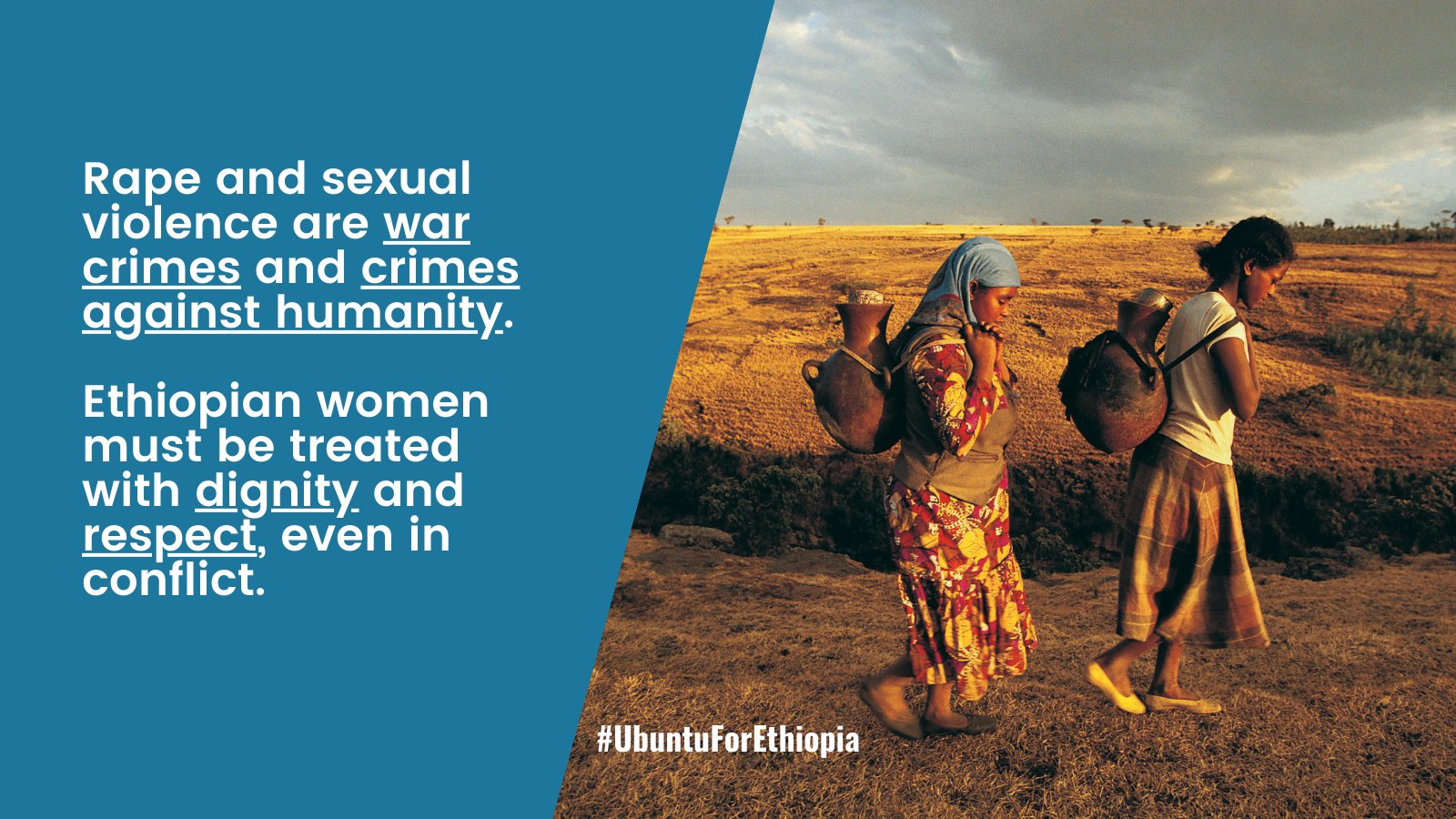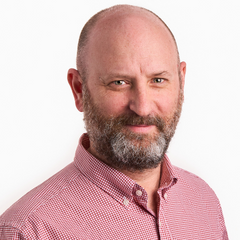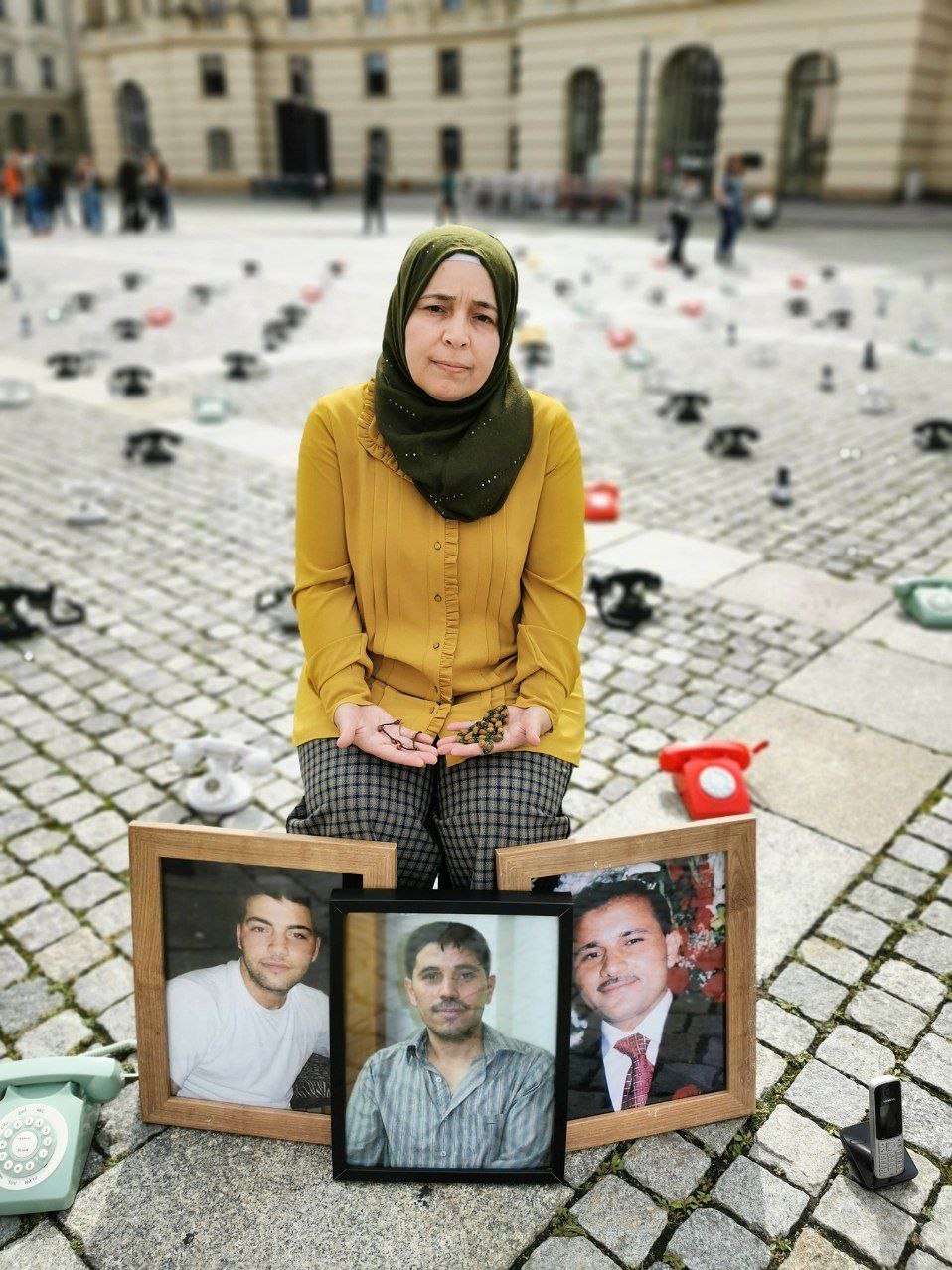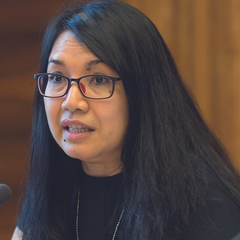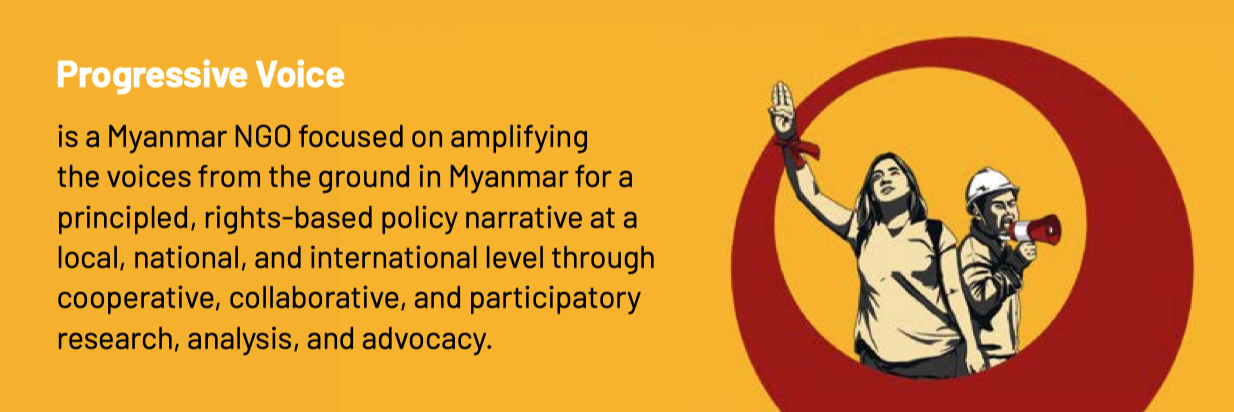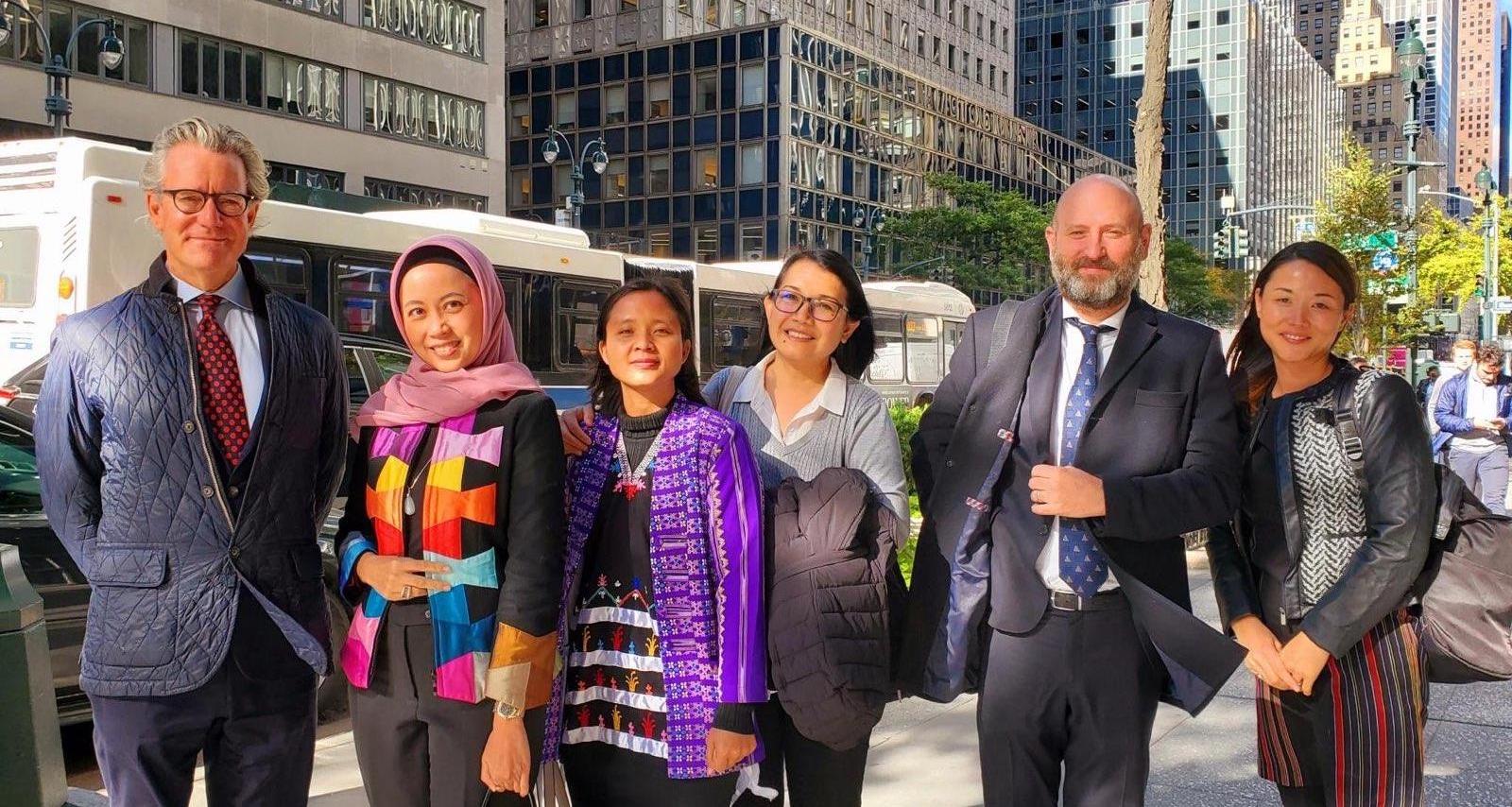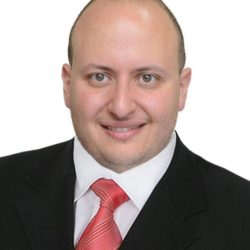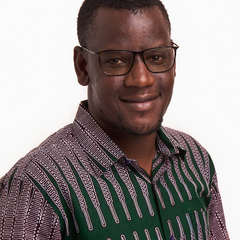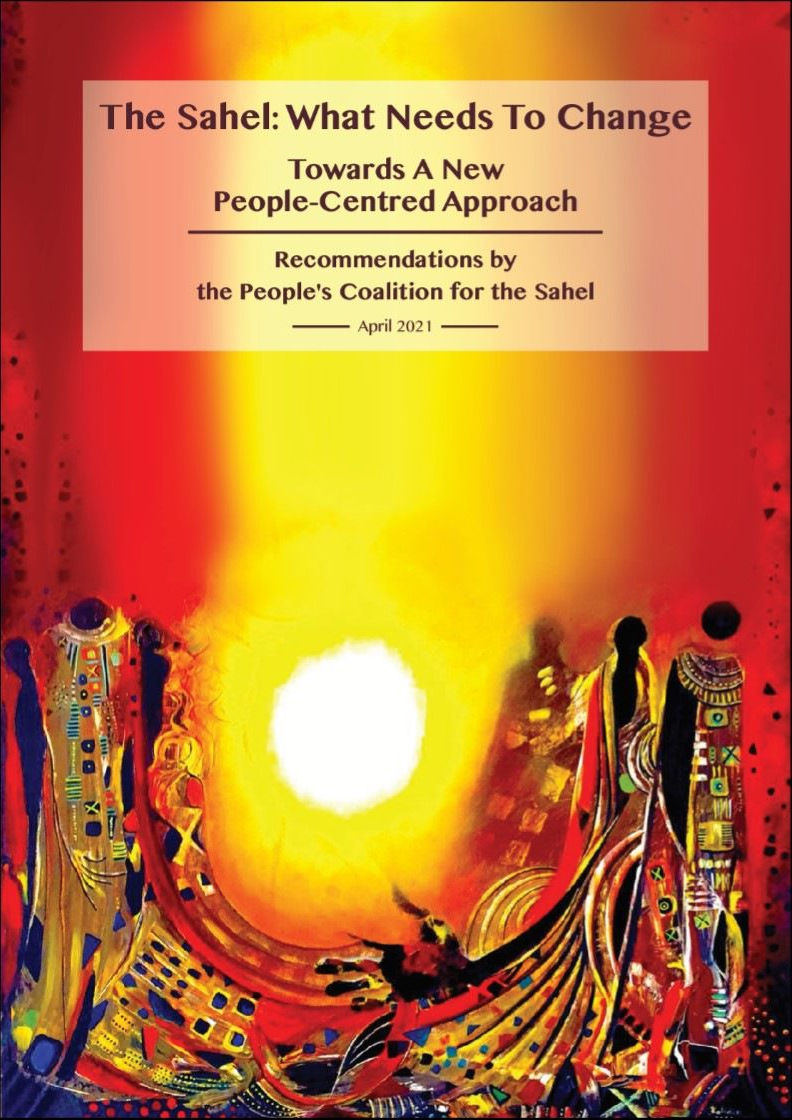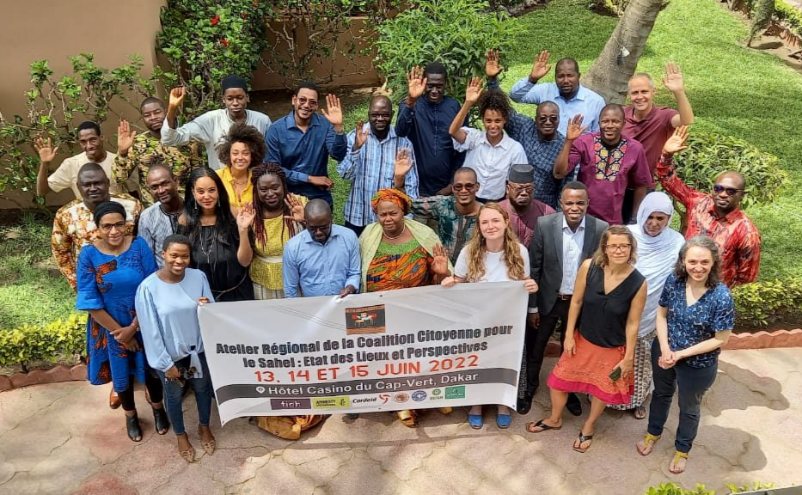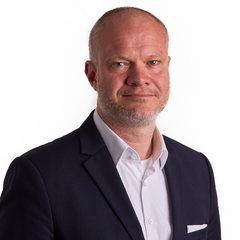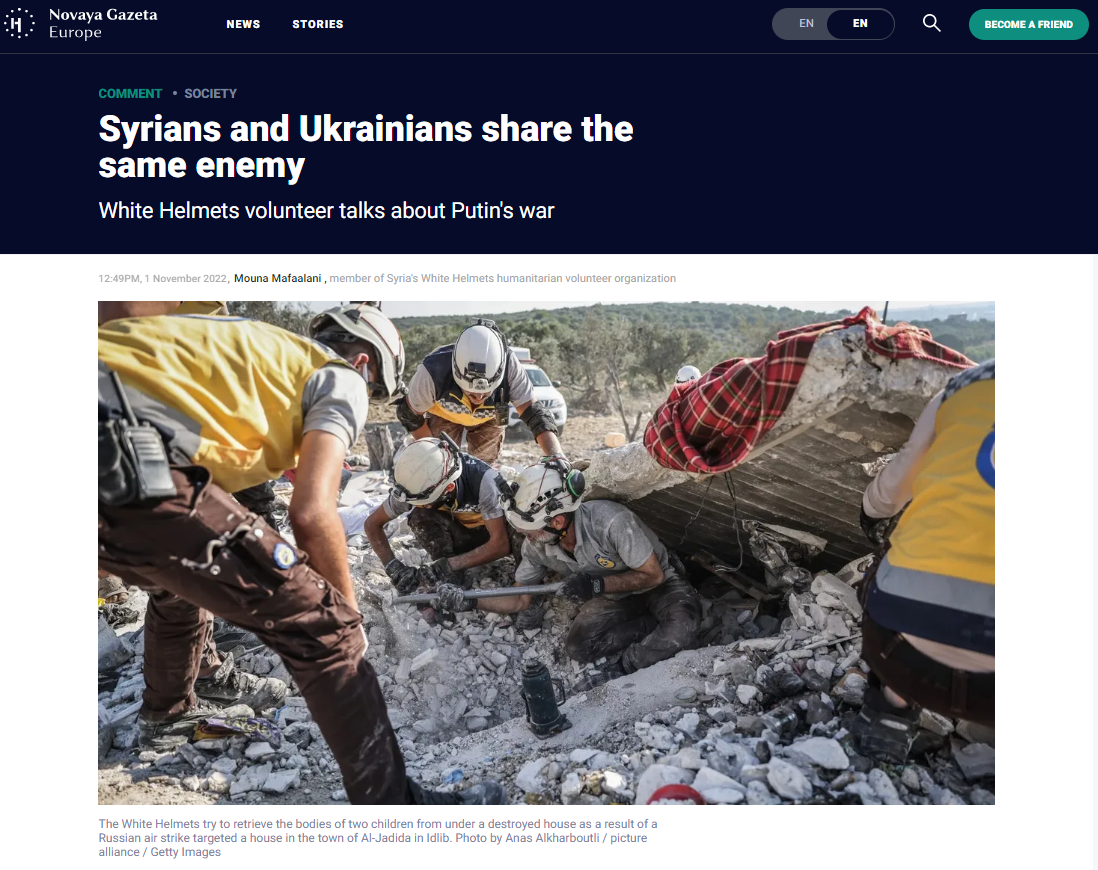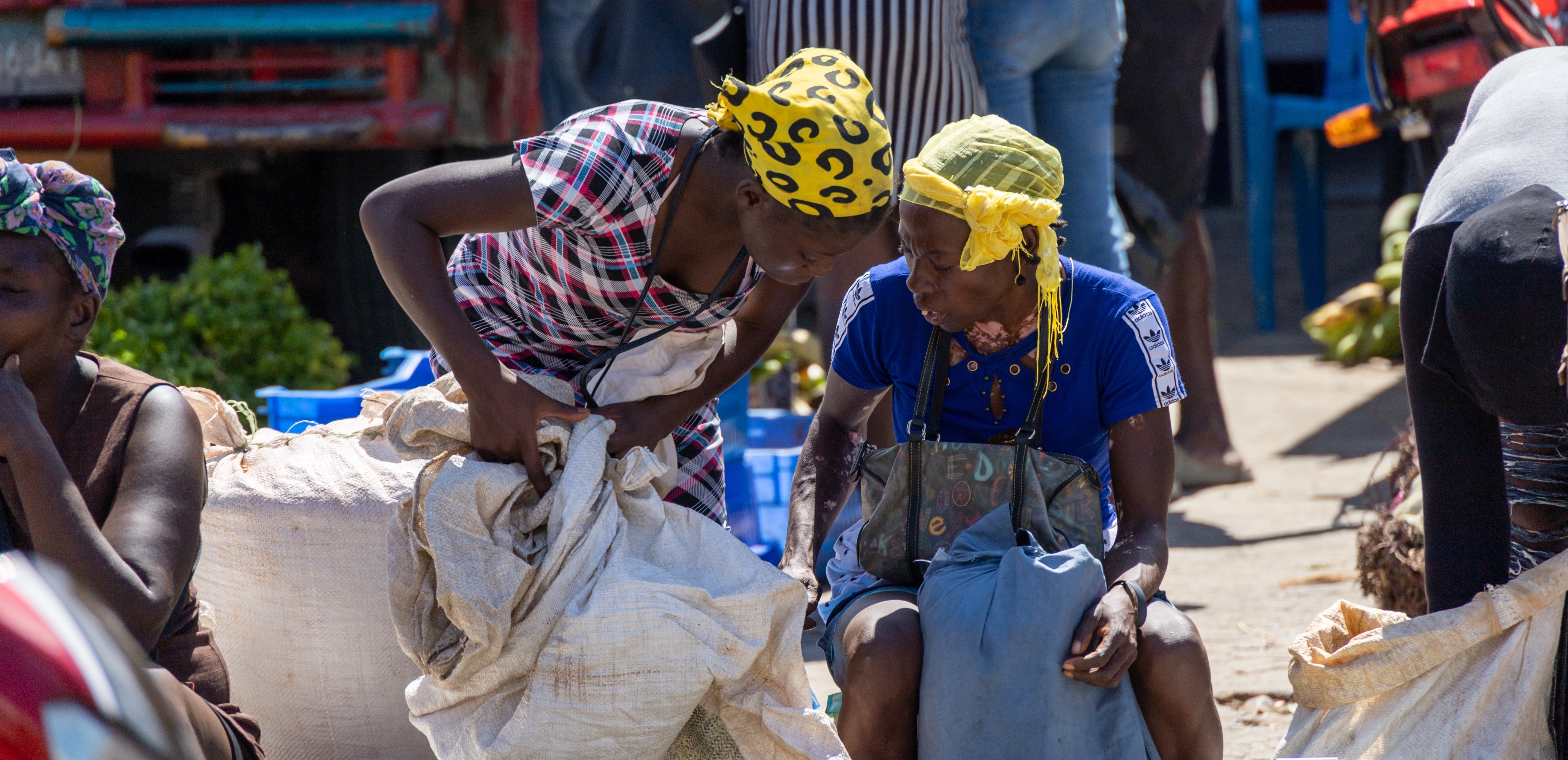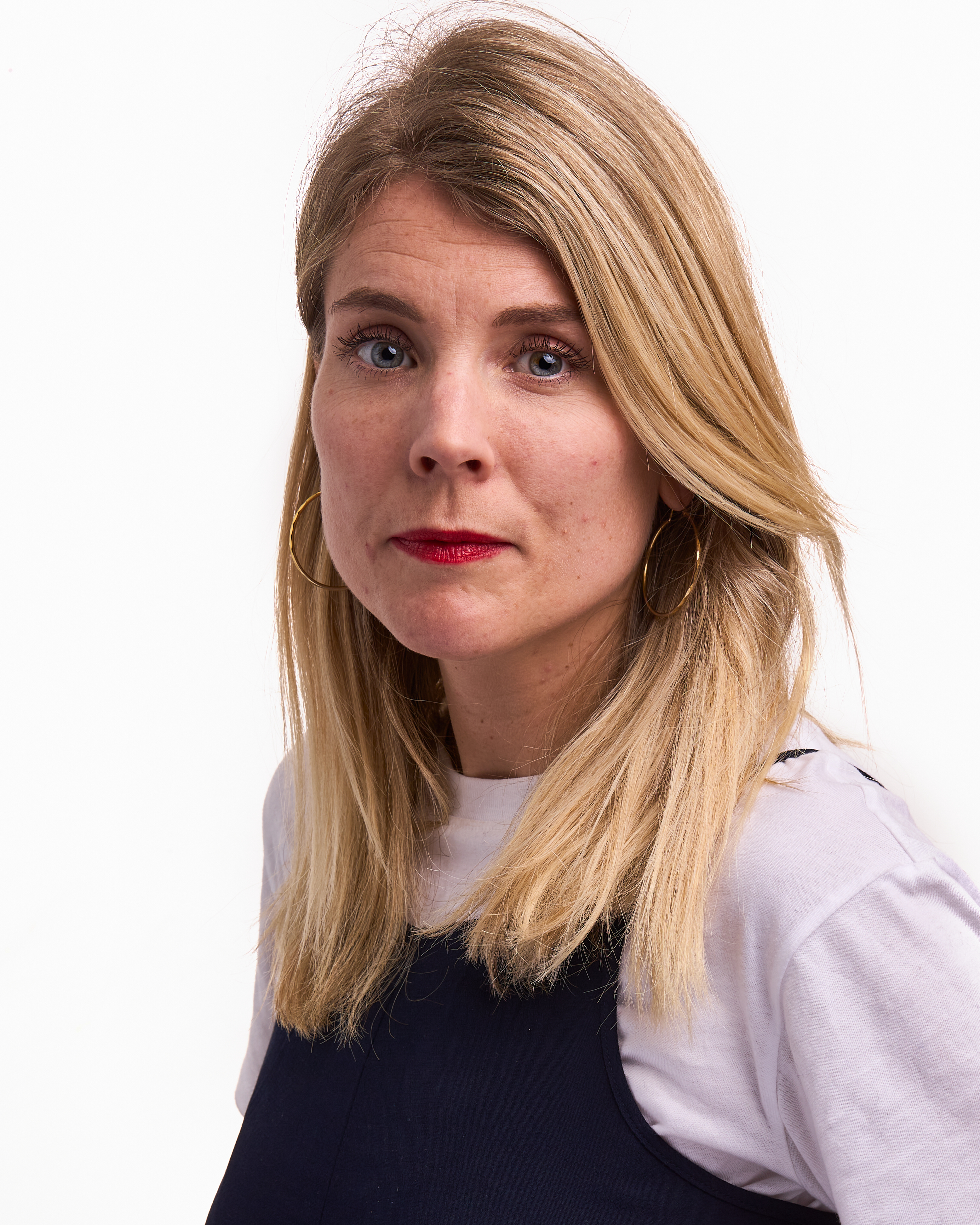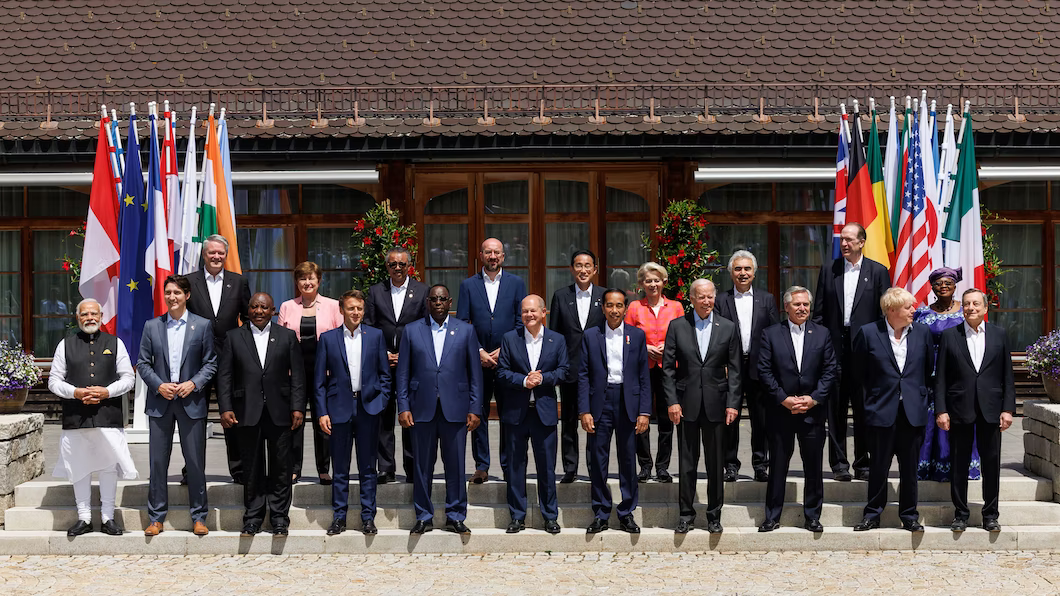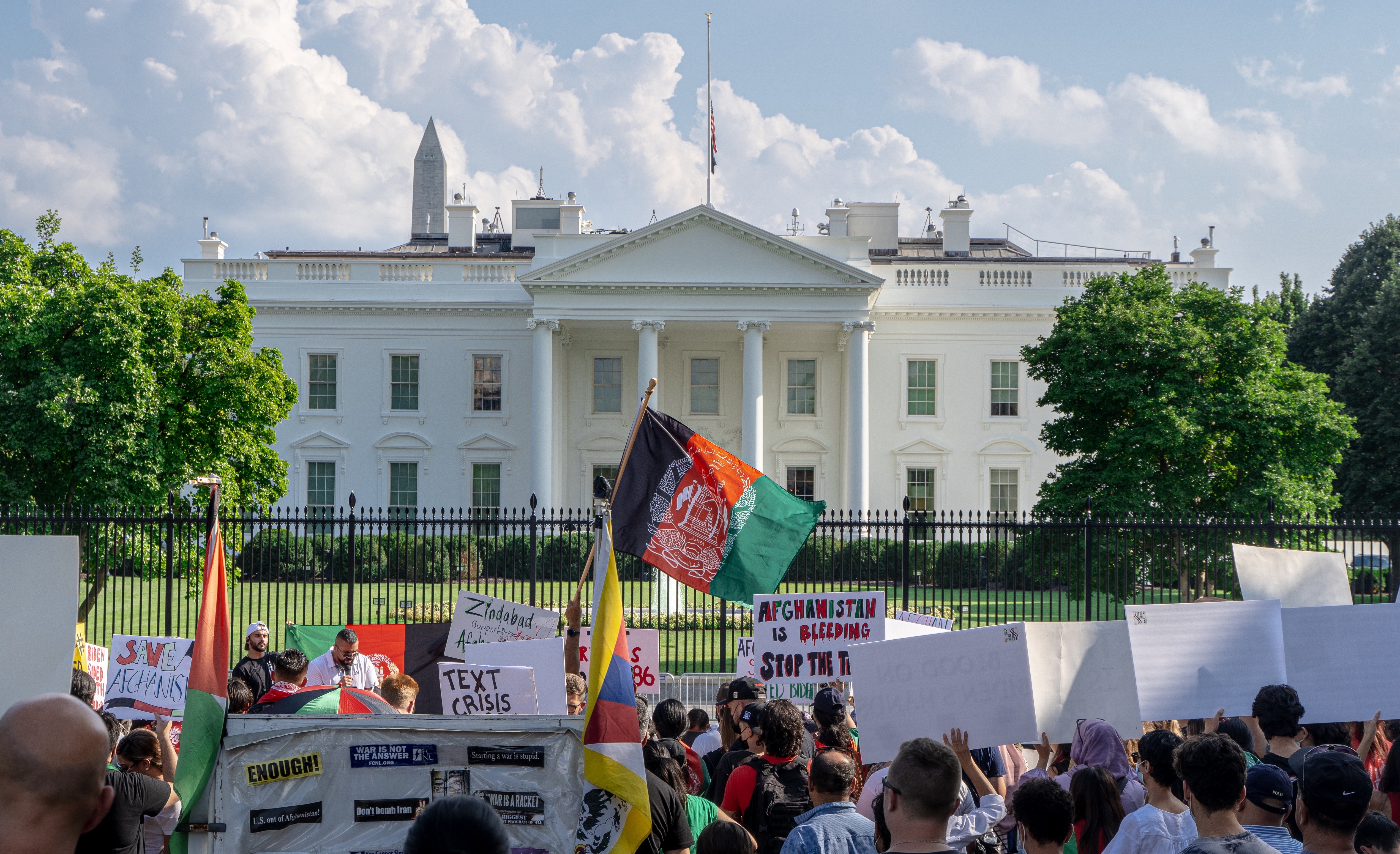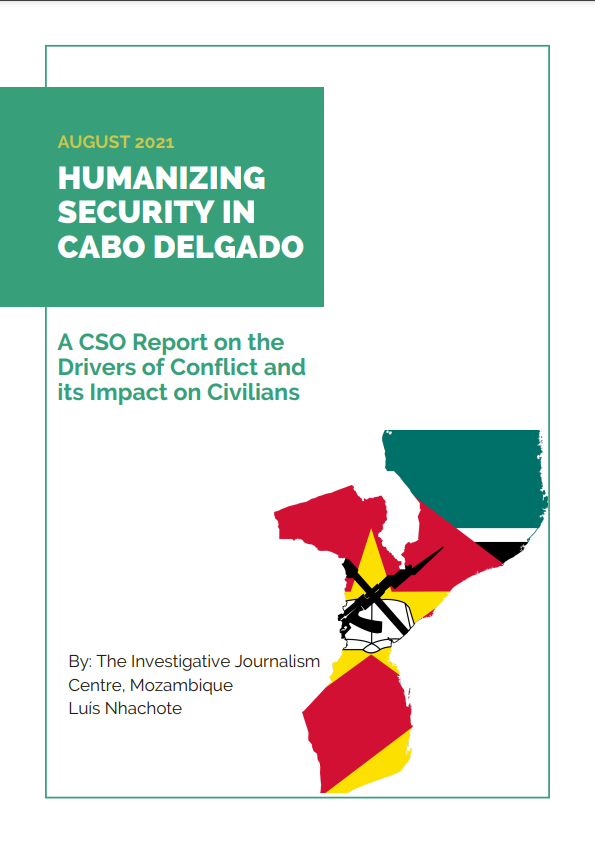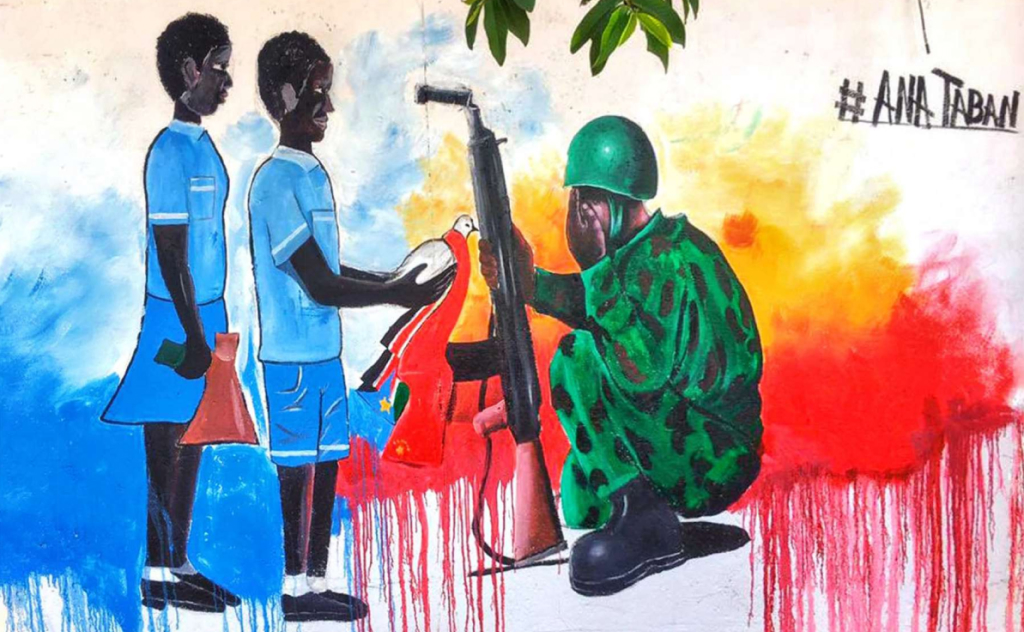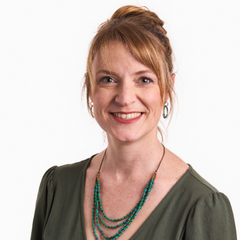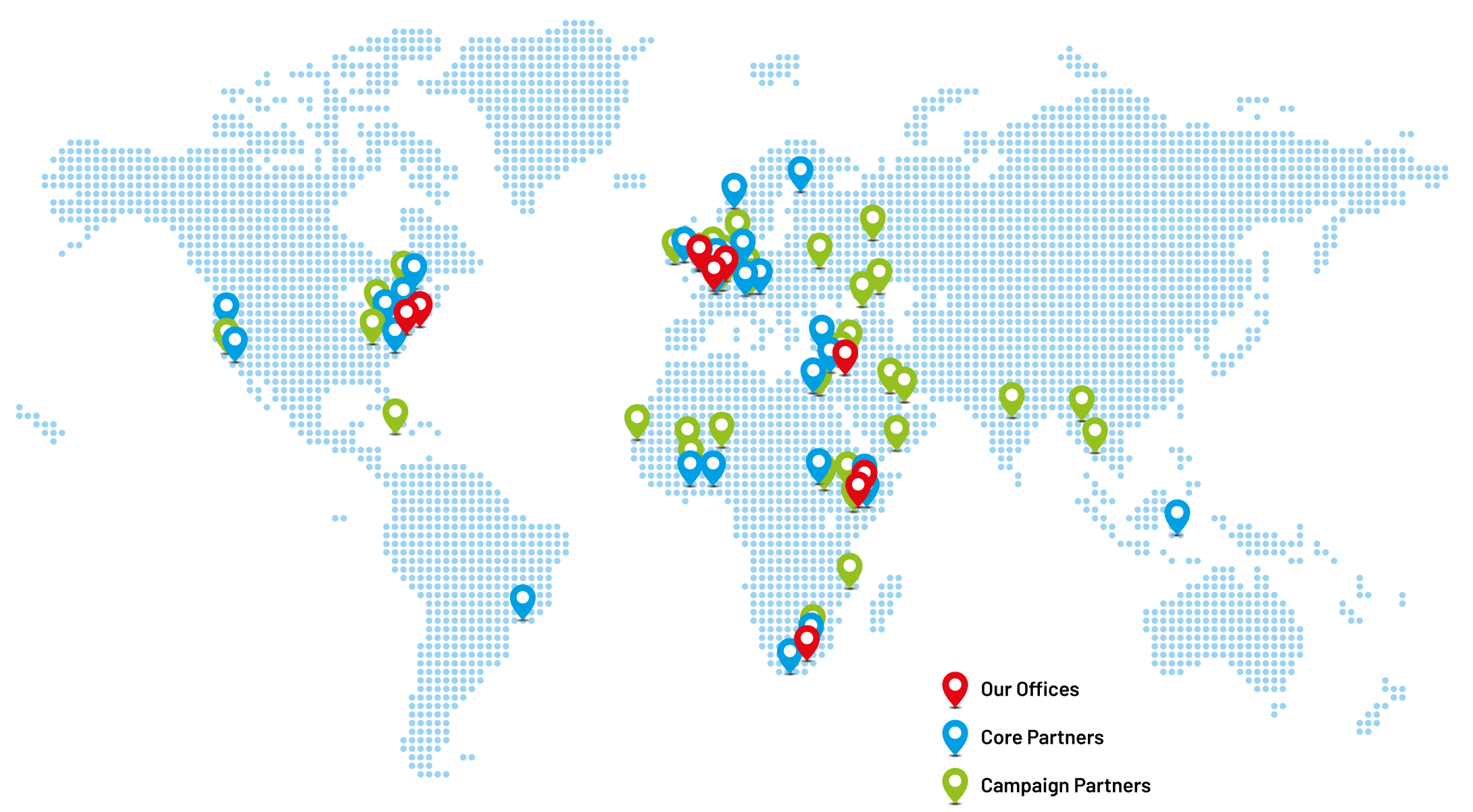Their pioneering collective impact model is ground-breaking. Crisis Action builds bridges and brings together a global network of civil society to speak and act in a coherent and collaborative way to propose solutions and pursue sustained results to protect some of the most vulnerable people in the world.”
"When the Board asked me to become Crisis Action’s CEO, and extraordinary changemaker Janah Ncube agreed to be my deputy, I knew I was in for exciting times. As we crafted our organisational strategy, we foresaw a period of daunting complexity and threats to life. We knew we had to raise our game to raise our impact. But I didn’t foresee just how magnificently a small organisation like ours would sustain a track record of impact in the face of multiple challenges.
Against a backdrop of collapsing civic space, Crisis Action pioneered new routes for civil society engagement to ensure peace and policy-making is informed by those most affected. We fostered solidarity - between Ukrainian women and South African activists, between Yemenis and Syrians, Georgians and Chechens.
At a time of backtracking on women’s rights and shocking levels of sexual violence in conflict, women led the way as advocates in many of the campaigns Crisis Action convened - leading global media briefings on Yemen, campaigning for peace in Haiti, and addressing the UN Security Council every time they met to discuss the Sahel this year.
We supported Ukrainians to demand protection, and drew attention to “forgotten” conflicts and crimes. We enabled Yemenis to demand justice and accountability. We worked with both this and last year’s winners of the Nobel Peace Prize, highlighting the link between respecting human rights and securing peace. We helped secure greater confidence in the multilateral peace and security architecture in the vote to exclude Russia from the UN Human Rights Council. When the UN Security Council was blocked, we spurred action elsewhere – the UN General Assembly, Human Rights Council and beyond. And with Syrian partners, we made giant strides towards new support for the families of the hundreds of thousands detained in Syria whose whereabouts remain unknown – strides that bring some healing for the families and could have repercussions for conflicts the world over, for years to come.
We achieved this thanks to our pioneering model and our global network of inspiring partners and allies. To them, and our incredible donors, I say thank you. The achievements in this report are yours. I’m proud and grateful to serve our incredible team and game-changing model of collaboration – now emulated by sister organisations tackling climate change and digital threats to democracy. I am convinced that through savvy coalitions and next-generation partnerships, we can secure change and tackle systems to make conflict less likely and less lethal for civilians the world over. "




